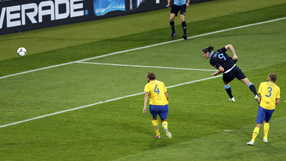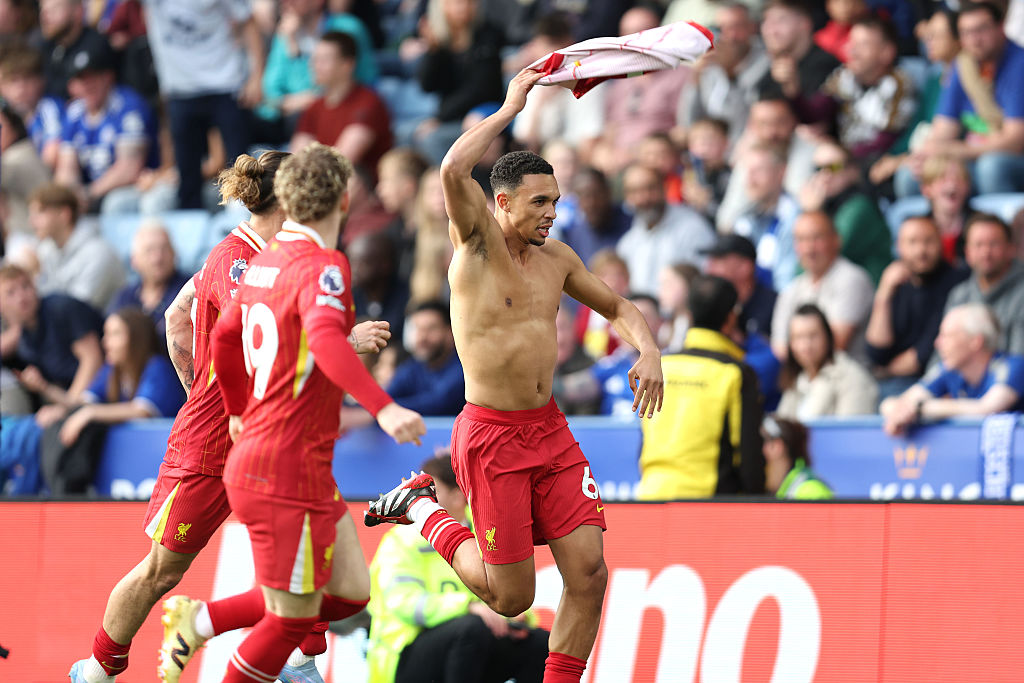Hodgson vindicated for faith in tradition
Two bold decisions by England manager Roy Hodgson paid off handsomely on Friday as his faith in the traditional virtues of the English game produced a roller-coaster victory over Sweden.

In a dramatic Euro 2012 Group D clash, Hodgson obeyed his instincts - and followed an unexpected new fashion in this tournament - by choosing a genuine centre-forward, Andy Carroll, to lead his attack alongside Danny Welbeck in a 4-4-2 formation.
To his critics, it was a retrogressive move that promised little more than a return to the 'stone age' long-ball football for which many England teams have been criticised in the past.
But Hodgson knew Sweden were vulnerable in the air and that six of the last seven goals they had conceded came from headers.
As a seasoned observer of football in Sweden, where he had two four-years spells as a club manager, he also knew physical strength would be a key factor in a rugged contest that carried all the hallmarks of a typical high-tempo Premier League clash.
He may have also found inspiration in the re-emerging value of traditional strikers at the finals, not least Mario Gomez as a strapping leader of the Germany line and Fernando Torres, who has resumed his role as a goalscoring number nine for Spain.
After an era of possession football championed by the Spanish, Euro 2012 appears to be going 'retro' in keeping with an age of austerity that demands old values are back in fashion.
CREDIT HODGSON
Get FourFourTwo Newsletter
The best features, fun and footballing quizzes, straight to your inbox every week.
If the overall performance by England and Sweden was anything but technically accomplished, Hodgson emerged with credit and some deserved satisfaction as his players, having lost an early lead, recovered to claim their first competitive victory over Sweden and eliminate them.
Carroll scored with a towering header from 12 metres to put England ahead after 23 minutes and vindicate Hodgson's choice before Sweden, showing a spirit once felt to be synonymous with English teams, recovered to lead 2-1 thanks to a Glen Johnson own goal and a header from unmarked defender Olof Mellberg.
As the game appeared to ebb away from England's control, Hodgson then made his second key decision by bringing on speedy winger Theo Walcott after an hour.
Within four minutes, he equalised with a well-struck shot over a crowded penalty area past unsighted goalkeeper Andreas Isaksson and after 78 minutes he accelerated clear to create the winner with a cross that was deftly turned in by Danny Welbeck.
England might have scored a fourth if captain Steven Gerrard had not selfishly snatched at another Walcott cross when, behind him, substitute Alex Oxlade-Chamberlain was better positioned.
A clear win would, however, have flattered Hodgson's team on a night when muscle and team spirit were offered up as decisive alternatives to the silky rotational passing movements of Spain or the fluent, punchy attacking play of Germany and Russia.
